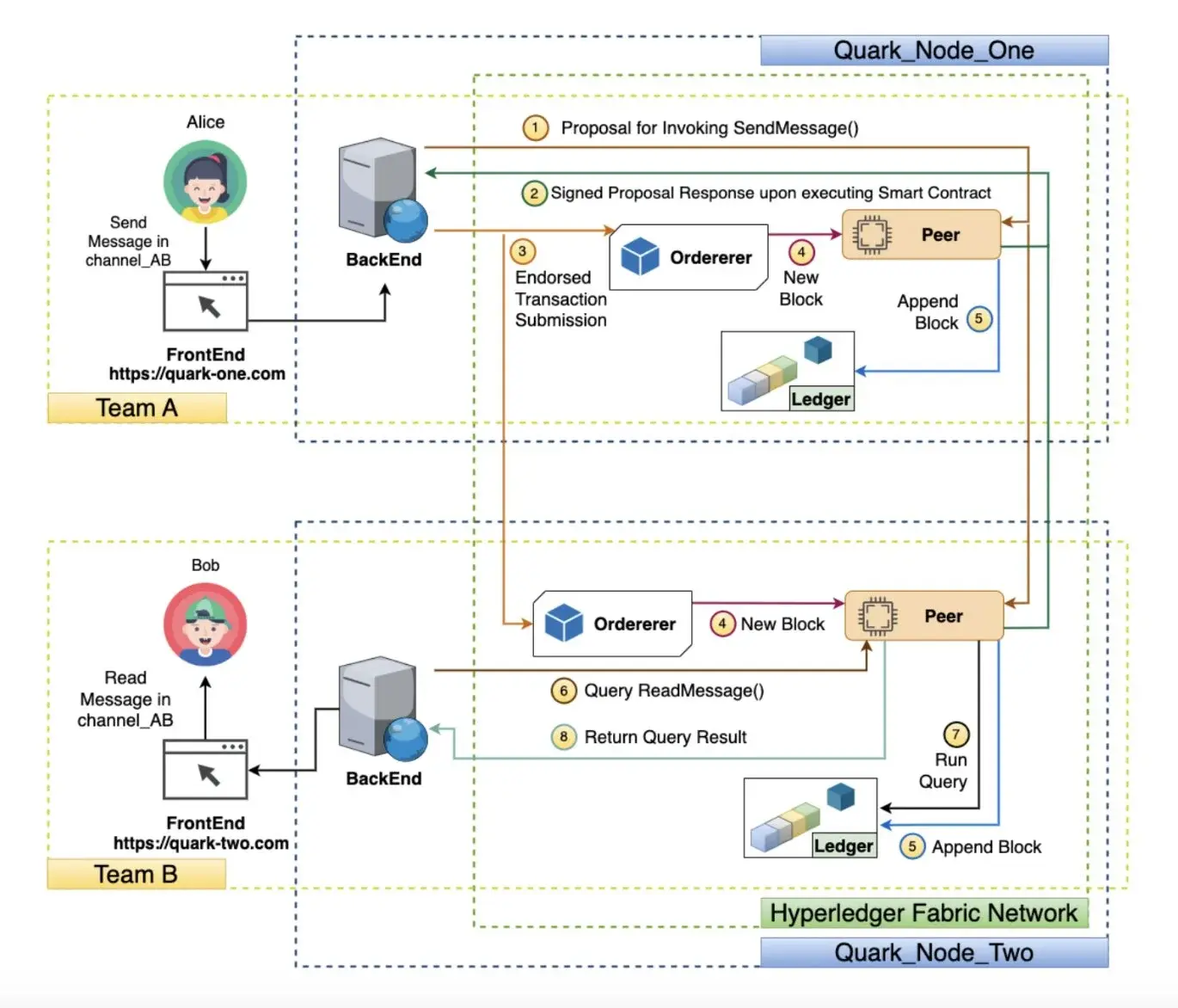Researchers from several institutes worldwide recently developed Quarks, a new, decentralized messaging network based on blockchain technology. Their proposed system could overcome the limitations of most commonly used messaging platforms, allowing users to retain control over their personal data and other information they share online.



That’s entirely what you would want a centralized database for; so you can put an authority you trust in charge of it, to ensure it’s fair and auditable.
Using a blockchain would give a bunch of people very strong incentives to perform a 51% attack, find a flaw in the protocol and exploit it, or just bribe, threaten, or cajole the programmers who created the chain to patch it to do what they want.
A well financed actor would find it much easier to hack a centralized database than to hack a modern blockchain
In what sense? There have been numerous hacks of existing blockchains even within the past few months. Also of smart contracts on those blockchains. Certainly way more than, say, bank databases.
Not a fair comparison. Bank databases have been running since the 70s on code that has barely changed in that time. They’ve been battle tested for decades, so it’s unlikely a new exploit is going to be easy to find.
On the other hand, if you wanted to run an election on a centralized database, think about what that means. All the votes need to go to 1 server somewhere, which will tell us all who won the election. A server that is run by an IT team who will have root access and could be phished, or bribed, or threatened. A server that only gets a real-world test once every few years.
Users have no idea if their vote is in the database, if it’s correct, if it got counted in the final vote or not.
Don’t get me wrong, I don’t trust the current crop of DLT tech more than the pen and paper method, but at least it’s more transparent than a centralized system
I don’t think running an election on a centralized database is a great idea. I do think it’s a way better idea than doing it on a blockchain, which has all the problems a centralized database and several more besides.
We agree something! :)
I think you should re-evaluate your thinking on the second part. I know it’s popular to bash on blockchains here, but blockchain isn’t all ponzi schemes and libertatians, just like the internet isn’t all phishing emails and troll farms
The research wing of the blockchain world is very interesting, at least from a nerdy, theoretical perspective
I dunno, I’m pretty technically versed on blockchains and I simply don’t see the use. As I said they’re vulnerable to basically everything a centralized database is, with the addition of 51% attacks, and suffer from poor usability and being monstrously inefficient on top of it. Maybe there is a mythical use for the tech out there, but if there is I haven’t heard an argument for anything that wouldn’t be better served by an actual database.
AFAIK if you don’t trust the server and want to know exactly what code was run by it, there are only two options: a smart contract blockchain, or ZK Proofs (which came out of blockchain research)
It’s a social technology. It allows outsiders to validate that the election tally code was run correctly. Elections are run every day on the Ethereum blockchain often that has financial implications for the voters. It doesn’t mean they never get hacked, but it certainly gives the users more visibility and trust in their vote than a centralized black box